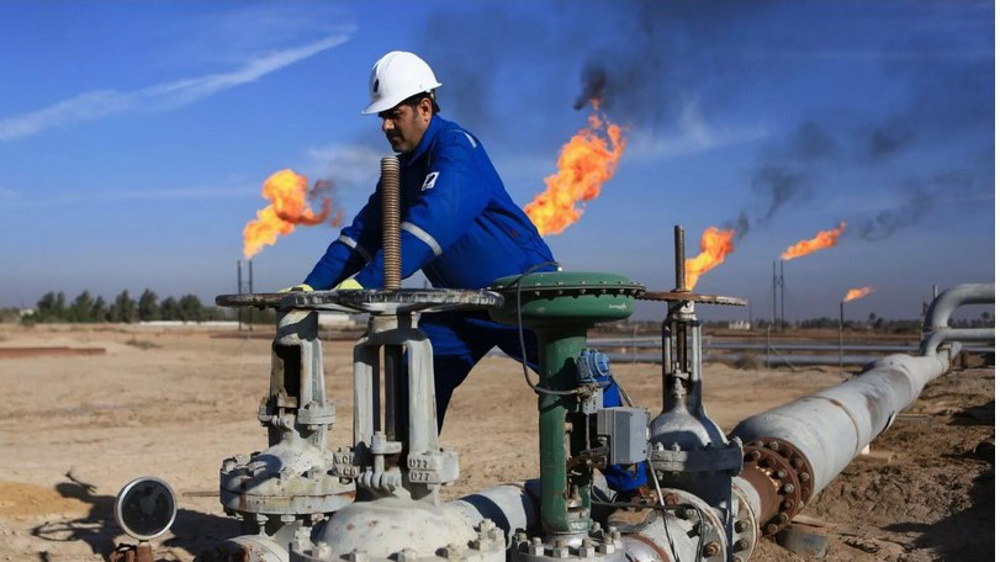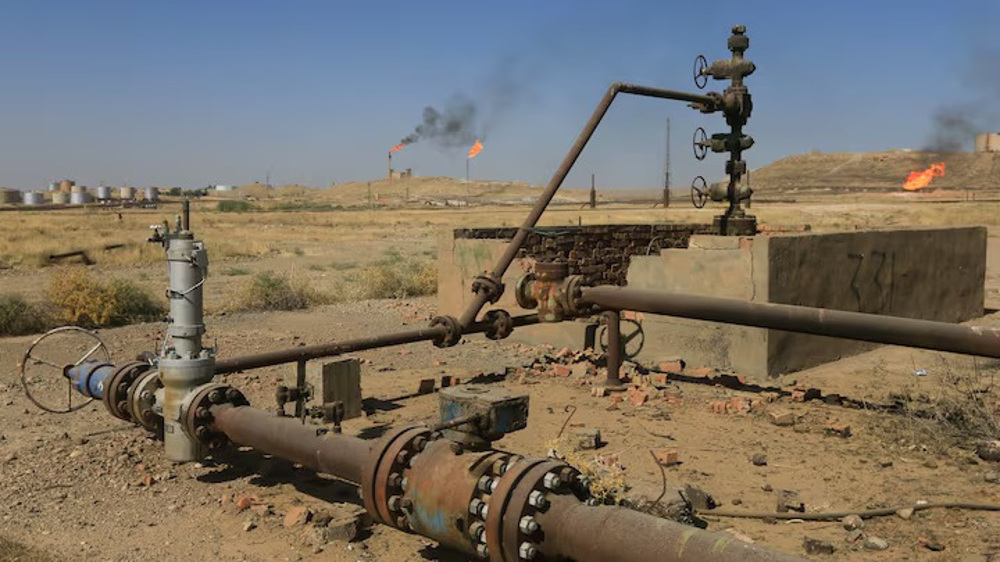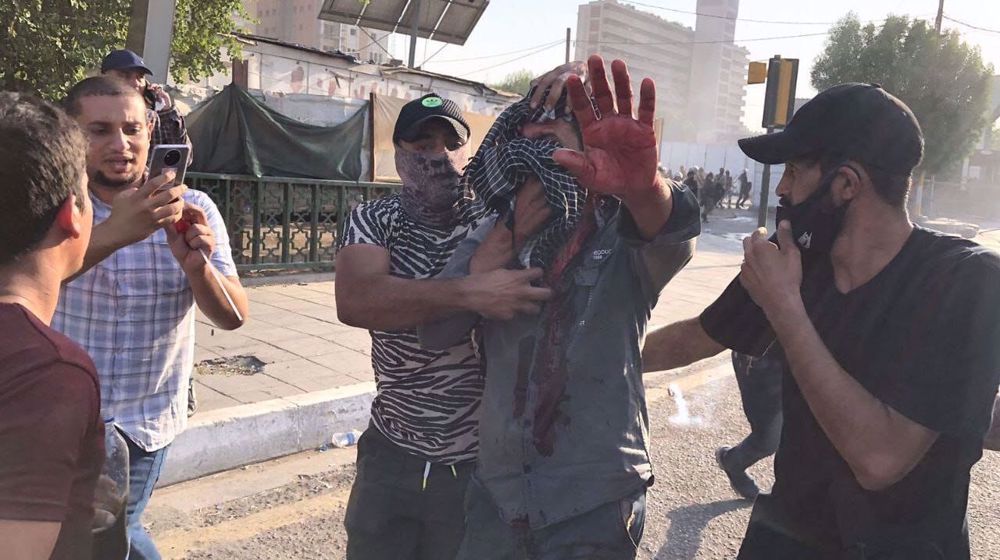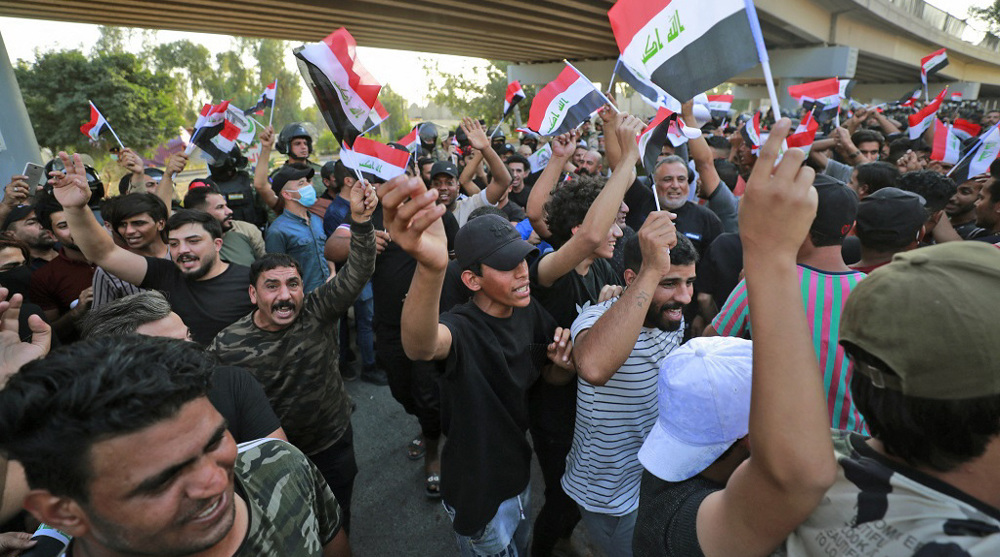US-trained forces fired on Iraqi protesters: Political alliance
An Iraqi political alliance considers forces trained by the United States to be responsible for the recent reportedly deadly shooting that targeted protesters against the results of the Arab country's parliamentary elections.
Hassan Salem, member of the al-Fatah (Conquest) Alliance in the Iraqi Council of Representatives (Parliament), made the remarks on Friday, various Iraqi media outlets reported.
The official refused to give any more details, but said the incident took place earlier in the day, when protesters were trying to enter the capital Baghdad's heavily-fortified Green Zone, where the American Embassy and other diplomatic missions are located.
According to the Iraqi health ministry, 125 people, including 27 civilians and nearly 100 security forces, were injured during the violence.
Iraqi leaders and resistance groups have denounced attacks on people protesting against the results of the October 10 elections, in which Shia cleric Muqtada al-Sadr's party won 73 seats to be the largest group in the country’s 329-strong parliament.
Iraqi security authorities have also condemned the violence and vowed to bring the perpetrators to justice.
A Joint Operations Command statement said that "the negligent will be brought to legal accountability for their negligence and violation of the explicit orders of the commander in chief, which stressed that live bullets should not be fired under any circumstances."
The Fatah Alliance official's remarks come amid reports that say as many as three people were also killed as a result of direct fire during the demonstrations.
His remarks have given rise to speculations whether infiltrators seized on the opportunity to take down some of the protesters during the melee.
The reported fatalities, include a protester associated with the Asa'ib Ahl al-Haq, a subdivision of Iraq's Popular Mobilization Units or Hashd al-Sha'abi anti-terror umbrella group.
The victim is said to have been killed with three shots aimed at him from behind. Asa'ib Ahl al-Haq defines itself as a group resisting the American occupation of Iraq and other types of foreign intervention, including potential attempts by the Israeli regime--Washington's most treasured regional ally--in the Arab country's affairs.

Iraq warns Syria over security threats posed by Daesh remnants

Iraq denies it is resuming oil exports from Kurdistan under US pressure

US pressurizes Iraq to resume Kurdish oil export or face sanctions: Report
VIDEO | Lebanese resistance remains alive
Iran’s daily sweet gas production peaks at 870 mcm: NIGC
Nasrallah shattered myth of Israeli military’s invincibility: Top Yemeni official
Iran says it has attracted $8.2bn of foreign investment since Aug
‘Misguided policies’: Araghchi says unjust sanctions inflict suffering on innocent Iranians
Iran summons Polish envoy over 'baseless, biased' drone claims
Election winner conservative Merz invites Netanyahu to Germany despite ICC warrant
7,000+ killed in eastern DR Congo since January: PM








 This makes it easy to access the Press TV website
This makes it easy to access the Press TV website